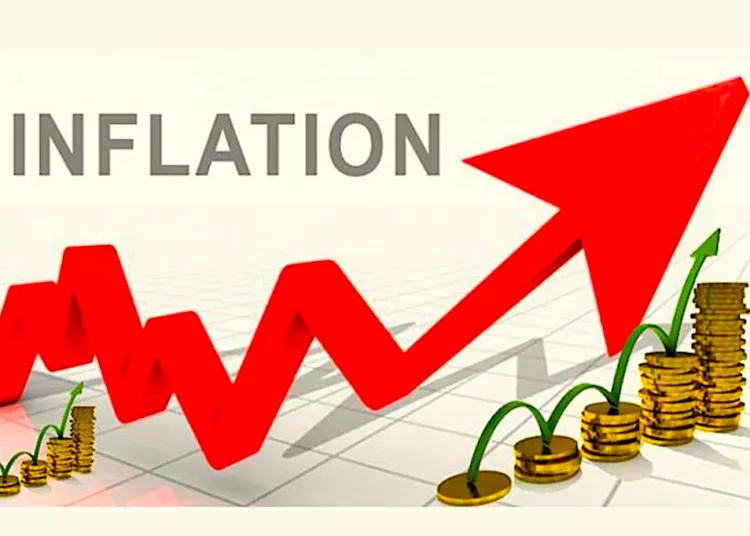United Nations World Food Programme (UN-WFP) said it is reviewing its local food procurement and will buy food in Nigeria only under stable market conditions.
The decision is informed by the current rising inflation and high food prices fuelled by market speculations.
In a statement made available to newsmen in Abuja, WFP’s country director and representative in Nigeria, David Stevenson, said, “We are aware of traders holding food in their warehouses, pretending it is WFP’s.”
He said it was inaccurate, as WFP has limited stock available to continue supporting the most vulnerable Nigerians with critical assistance.
Stevenson said last week, a WFP monitoring mission in Borno, Yobe and Kano states confirmed unprecedented inflation rates and high food price rises caused by market speculations.
He said this poses significant challenges for Nigerians, particularly those who are displaced, unable to farm, and dependent on markets to access food.
“We are undertaking a comprehensive review of our local food procurement. WFP will purchase food in Nigeria only when the market conditions are stable for all.
“High rates of inflation and soaring market prices have eroded the purchasing power of many Nigerian families, especially those in the conflict-affected northeast of Nigeria,” he said.
He mentioned that the November 2023 Cadre Harmonisé food security analysis projected that up to 4.4 million people in the northeast states of Borno, Adamawa, and Yobe will require food assistance during the June–August 2024 lean season, with over one million people facing emergency levels of hunger (IPC/CH phase 4).
He noted that in 2024, WFP is planning to reach 1.1 million vulnerable people with food and nutrition assistance in Nigeria.
The WFP chief said in the June-August lean season, when hunger is most acute, the group will increase its support to reach 1.6 million people a month – dependent on available funding.





